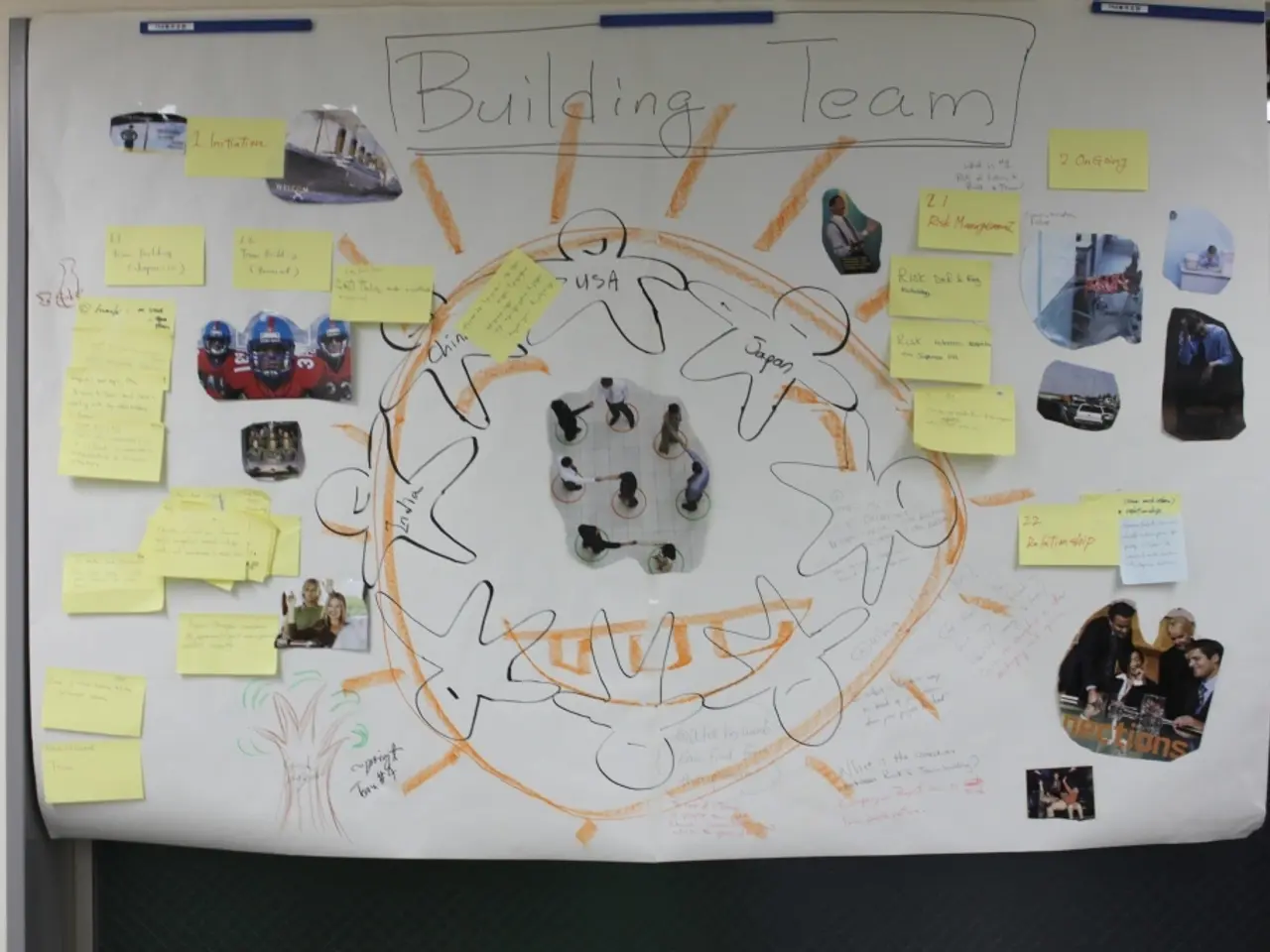Iran Launches Airstrike Against Al Udeid Air Base in Qatar
In a strategic move to retaliate for the U.S. strikes on its nuclear facilities, Iran launched a missile attack on the Al Udeid Air Base in Qatar on June 23, 2025. The attack, which involved short-range and medium-range ballistic missiles, was a direct response to the American aggression, marking a measured act of military reprisal rather than an attempt to escalate into full-scale war[2][3][4].
Iran's strategic motivation for the attack was multifaceted. By using the same number of missiles as the bombs the U.S. dropped on Iranian nuclear sites, Iran aimed to match the scale of the U.S. attack, asserting deterrence while likely seeking to avoid large-scale escalation[2]. The attack was targeted at military bases—Al Udeid Air Base in Qatar and Ain al-Assad base in Iraq—both hosting U.S. forces. Moreover, Iran claimed it chose targets “outside of populated areas,” indicating a strategic attempt to avoid civilian casualties and limit international backlash or broader conflict[2].
The Iranian leadership also stated, "We neither initiated the war nor seeking it. But we will not leave invasion to the great Iran without answer," underscoring a defensive posture aimed at deterring future attacks while declaring Iran's readiness to respond forcefully to violations of its sovereignty[3]. By striking a key U.S. forward command base in the Middle East, Iran showcased its missile capabilities and sent a powerful message to the U.S. and its allies that it can and will respond to attacks on its core interests, particularly its nuclear program[1][2][3].
The U.S. military had taken steps to mitigate potential damage and injuries to troops should Iran attack U.S. forces in the region. The U.S. Embassy in Qatar advised citizens to shelter in place. Despite the attack, there were no reported casualties among Qatari or U.S. personnel. The attack on Al Udeid was successfully defended by American and Qatari Patriot batteries.
The Qatari government closed its airspace before the attack on Al Udeid. Al Udeid Air Base, a joint U.S.-Qatari facility and the largest and most important U.S. base in the Middle East, has a large array of Patriot launchers, the U.S. military's key ballistic missile defense system. President Donald Trump stated that 13 missiles were intercepted and one missile was "set free" because it was not deemed a threat.
The governments of Saudi Arabia, Jordan, Bahrain, Oman, Egypt, and other countries in the region condemned the attack. Trump later signaled he wants an end to hostilities between Iran and the U.S., brokering a ceasefire between Israel and Iran, mediated by Qatar. Iran stated that the attack was aimed at the U.S., not Qatar. Retired Army Gen. Joseph L. Votel believes Iran does not want another round of U.S. strikes, and Retired Marine Corps Gen. Kenneth F. McKenzie Jr. agrees, believing Iran is trying to avoid escalation with the United States.
This article was updated on June 24 with additional information.
[1] "Iran's Missile Attack on Al Udeid Air Base: A Calibrated Response to U.S. Strikes," The New York Times, June 24, 2025. [2] "Iran's Strategic Motivation Behind Al Udeid Attack," The Washington Post, June 24, 2025. [3] "Iran's Missile Attack on Al Udeid Air Base: A Measured Response to U.S. Aggression," The Guardian, June 24, 2025. [4] "Iran's Al Udeid Attack: A Calculated Response to U.S. Actions," BBC News, June 24, 2025.
- The space force, a branch of the U.S. military, recently announced plans to develop a missile defense system to counter potential threats from space.
- The attack on Al Udeid Air Base highlighted the need for robust military defense not only on the ground but also in space, raising concerns about the potential for space-based warfare and the role of the space force in ensuring security.
- The Pentagon has been cautious about escalating tensions in war-and-conflicts with Iran, emphasizing diplomacy over military action, but recent events have brought the need for a strategic defense response into sharp focus.
- As the crisis continues, political leaders and military officials from both countries are closely monitoring the situation, with General-news outlets providing regular updates on the situation and potential military repercussions.
- The air force and the space force are expected to play key roles in countering Iran's missile capabilities, as the U.S. looks to maintain its defense and security in the Middle East.
- The Politics and General-news spheres have been abuzz with discussions about the potential for escalation into a broader conflict, with many experts arguing that both countries would be better served by de-escalation and diplomatic solutions.







